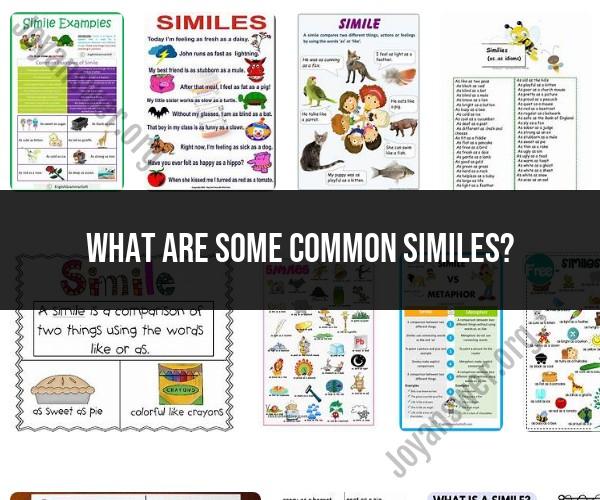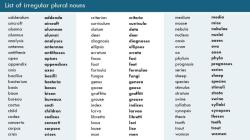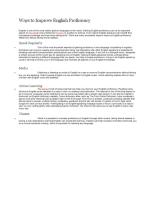What are some common similes?
Similes are figures of speech that compare two different things using the words "like" or "as" to create a vivid or imaginative description. Here are some common similes:
As busy as a bee: Describes someone who is very active or hardworking.
Like a fish out of water: Refers to someone who feels uncomfortable or out of place in a particular situation.
As cold as ice: Describes something extremely cold or someone who is emotionally distant.
Like a bolt from the blue: Refers to something unexpected or surprising, often coming out of nowhere.
As clear as crystal: Describes something that is very clear or easy to understand.
Like a moth to a flame: Refers to someone who is irresistibly attracted to something or someone, even if it's harmful.
As light as a feather: Describes something that is very light in weight.
Like a bat out of hell: Refers to someone or something moving very quickly or recklessly.
As busy as a beaver: Similar to "busy as a bee," this simile also describes someone who is very active or hardworking.
Like a bull in a china shop: Refers to someone who is clumsy or careless in a delicate or sensitive situation.
As brave as a lion: Describes someone who is exceptionally courageous.
Like a kid in a candy store: Refers to someone who is extremely excited or overwhelmed by choices.
As sly as a fox: Describes someone who is clever and cunning.
Like two peas in a pod: Refers to two things or people who are very similar or nearly identical.
As fast as lightning: Describes something that moves or happens very quickly.
Like a broken record: Refers to someone who repeats the same thing over and over again.
As strong as an ox: Describes someone who is exceptionally strong or robust.
Like shooting fish in a barrel: Refers to something that is very easy to do.
As stubborn as a mule: Describes someone who is very obstinate and unwilling to change their mind.
Like a cat on a hot tin roof: Refers to someone who is nervous, restless, or agitated.
These are just a few examples of common similes used in everyday language. Similes add depth and color to our descriptions and comparisons, making communication more vivid and engaging.













